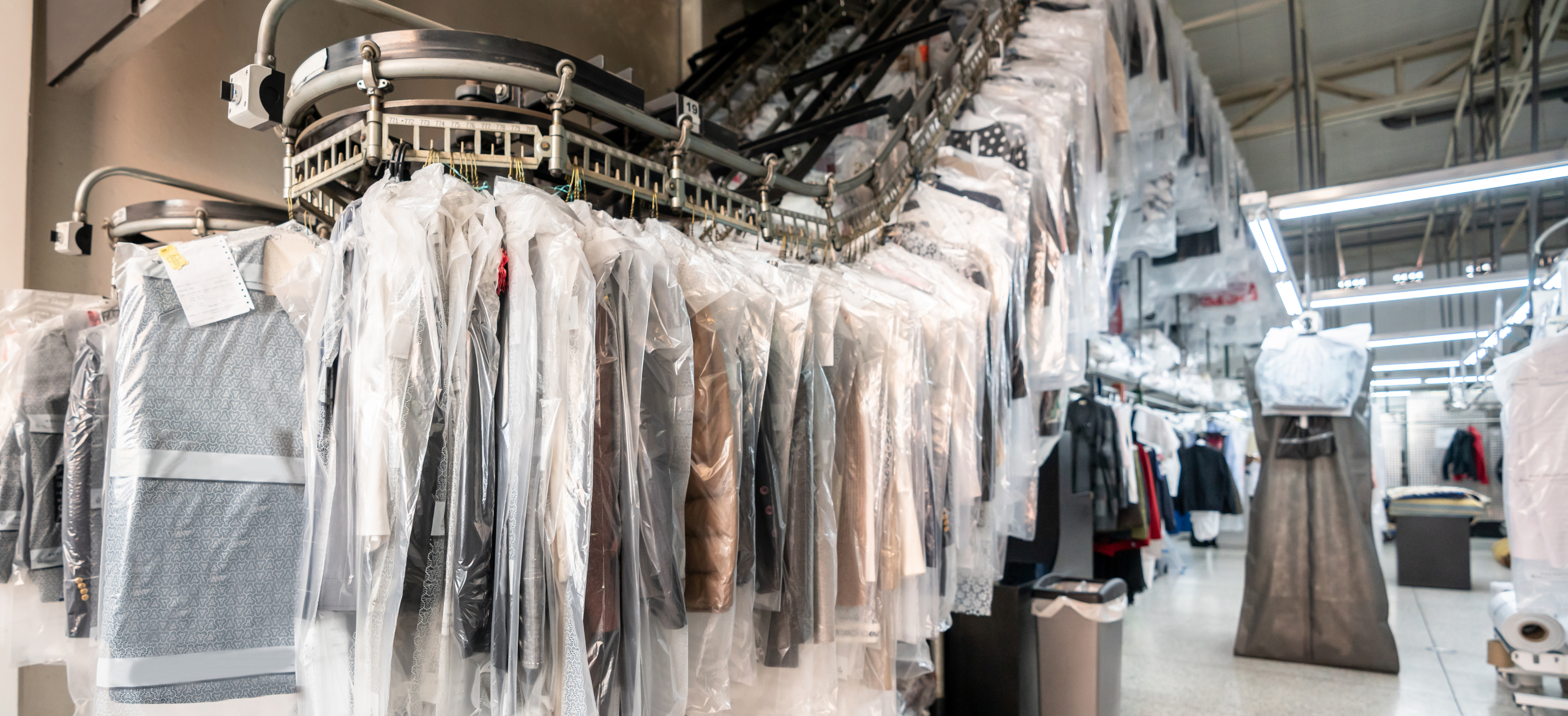At a glance
ATSDR's Partnership to Promote Local Efforts to Reduce Environmental Exposure (APPLETREE) is a cooperative agreement program that helps 28 state health departments build their capacity to evaluate harmful environmental exposures to hazardous substances. In 2021, ATSDR highlighted the work done by the New Jersey Department of Health (NJDOH).

35 Years of APPLETREE
Spotlight
"We were contacted in April and released a report in July. It is critical that we were able to be responsive in a very timely fashion and we felt very proud of that. In the midst of the pandemic, we were able to get it done."
— Somia Aluwalia, PhD, research scientist, New Jersey Department of Health
For 35 years, APPLETREE has provided funding to states to investigate and respond to requests related to harmful environmental exposures and to engage communities about exposure prevention and reduction. States use this funding to enhance their capacity to assess and respond to local environmental health concerns and related health risks. From 2020 through 2023, ATSDR will award nearly $12 million annually to help 28 state health departments evaluate past and present environmental exposures and prevent or reduce future exposures.
One of this APPLETREE recipient's responsibilities was evaluating the health effects of an environmental exposure at the Marlboro Mall and recommending actions to address environmental releases and odors from a dry-cleaning facility.
Addressing Odor Concerns
- On April 7, 2021, the New Jersey Department of Health (NJDOH) was contacted by a tenant of Marlboro Mall who was concerned about odors coming from a co-located dry cleaner. The tenant reported he had been smelling these odors since July 2020 and was concerned about potential health effects.
- The Marlboro Mall property owner scheduled an environmental company to sample the air inside six spaces located near the dry cleaner in the Marlboro Mall during November 2020 and February 2021. Results showed high levels of tetrachloroethylene (PCE) and trichloroethylene (TCE) in the air of the six businesses — a restaurant, bagel store, pizzeria, nail salon, an insurance office, and the dry cleaners — with the dry cleaners as the source.
- The tenant asked for NJDOH's help in evaluating whether the PCE and TCE levels were hazardous and could result in possible health effects. NJDOH gathered historical environmental sampling data for the Marlboro Mall site and compared those against New Jersey Department of Environmental Protection (NJDEP) screening levels. In July 2021, NJDOH released a health consultation documenting their evaluation and recommendations. This information was shared with the local health department of Monmouth County and building tenants. NJDOH staff members spoke with building tenants and addressed their health concerns. NJDOH staff members also spoke with the building owner's attorney and environmental consultant to encourage additional monitoring and actions to decrease the levels of PCE and TCE.
Through collaboration, NJDOH, NJDEP, and local licensed site remediation professionals worked together to reduce the levels of PCE and TCE in the air at the Marlboro Mall. From April to June 2021, they worked with the building owner to repair the heating, ventilation, and air conditioning system. The machine that used hazardous PCE was removed and use of TCE spot cleaners ended. Air samples were tested throughout the process to ensure that levels were within NJDEP screening guidelines. Fortunately, the PCE and TCE levels in the air decreased. The building owner also agreed to take additional indoor air samples to ensure that the levels of PCE and TCE continue to decrease. The owner will share this data with NJDOH for continued monitoring. These efforts in New Jersey are an example of APPLETREE’s value to the health of communities.

